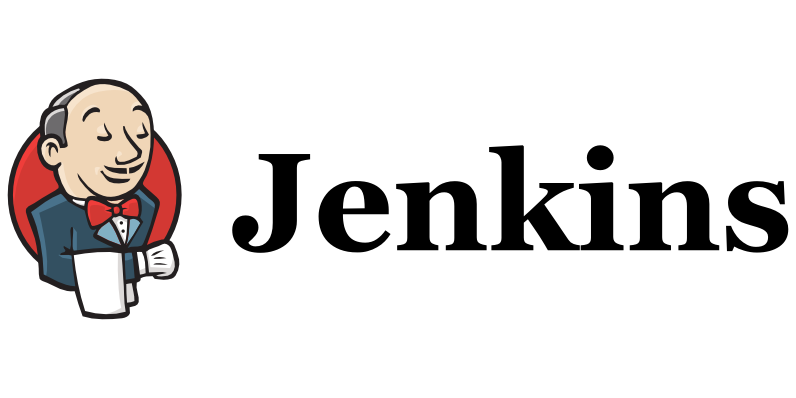Jenkins is an open-source automation server that is widely used for continuous integration (CI) and continuous delivery (CD) processes in software development. It provides a platform for building, testing, and deploying applications in a reliable and automated manner.
Here are some key features and concepts associated with Jenkins:
Continuous Integration (CI): Jenkins enables developers to integrate code changes frequently and automatically. It can pull source code from version control systems (such as Git), build the project, run tests, and generate reports and publish to users.
Continuous Delivery (CD): Jenkins supports the continuous delivery of software by automating the deployment process. It can deploy applications to various environments, such as development, staging, and production.
Plugins: Jenkins offers a vast ecosystem of plugins that extend its functionality. Plugins enable integration with various tools and technologies, allowing you to customize and enhance your Jenkins instance to meet specific project requirements.
Distributed Architecture: Jenkins supports distributed builds, allowing you to distribute workload across multiple machines (nodes) to speed up build and test processes. This distributed architecture is useful for handling large-scale projects or running tests on different operating systems and configurations.
Extensibility and Community: Jenkins has a strong and active community that contributes plugins, updates, and improvements. Its open-source nature allows users to develop custom plugins or integrate with other systems, making it highly adaptable to different development environments.





